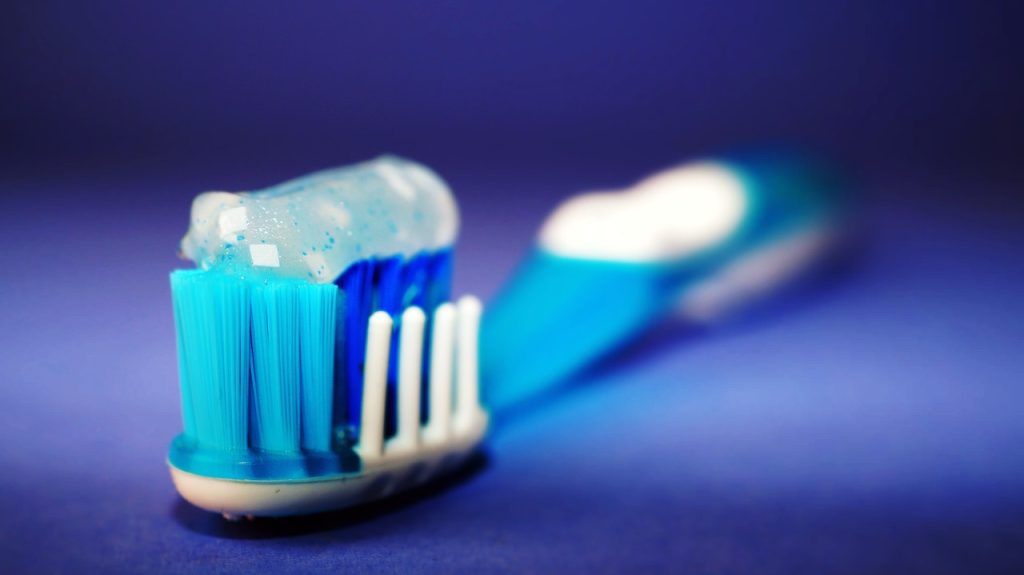Oral health is imperative for a healthy lifestyle. Good oral hygiene contributes to a beautiful white smile and protects teeth against cavities and other dental concerns. Neglecting oral hygiene can lead to multiple dental issues that can stretch for months or even years.
Florida ranks near the bottom, at 38 out of 50, for dental care and hygiene. According to data published by Express Dentist, the Sunshine State didn’t shine so brightly on several metrics related to people and poor dental habits.
Fortunately, maintaining oral hygiene is feasible and accessible to almost every person, even in Florida. You can ensure good oral health by focusing on simple yet effective strategies. Here’s what you need to know:
Limit snacking
While feeling hungry between meals is natural, excessive snacking can hurt your oral health. Uncontrolled snacking can expose your teeth to dental problems like debris and plaque build-up and tooth decay.
It is important to prioritize your health by consuming nutritious snacks that minimize sugar and acidity levels. Substitute candies and sodas with fresh produce such as fruits and veggies alongside nuts or dairy-based selections like cheese and yogurt. Not only does this positively impact general health, but it also assists in reducing instances of dental decay.
Get braces
Orthodontic treatment helps fix issues related to misalignment of teeth. Addressing alignment issues, crowding and problematic bites with the help of braces offers transformative benefits for aesthetics and functionality.
Braces are a popular orthodontic treatment in Tampa, Florida, with many options available for patients of all ages. Orthodontists use technology to create custom-fit braces that expedite good results. With around 1300 dentists in Tampa, getting an orthodontic treatment is convenient and easy. To fix misaligned teeth, book an appointment for the best orthodontic treatment in Tampa, FL, as soon as possible. Your tailor-made plan will include details on the time required for completion, expected results, and extra measures such as TADs or tooth extraction if needed.
Look out for dental hazards
If your diet consists of sugary foods and drinks, there is a higher chance that you will encounter plaque and cavities. Hence, either avoid such food and drinks or consult a dentist to deal with cavity protection.
Similarly, many people may be addicted to habits like alcohol consumption and smoking. According to a study, 90% of people affected with mouth cancer consume tobacco. Hence avoid smoking and alcohol to promote good oral health and hygiene.
Brush your teeth twice a day
Brushing your teeth twice a day is important for maintaining the strength of your teeth. Doing this helps remove unwanted bacteria that may have accumulated throughout the day and can also improve your breath.
It is also crucial to understand that brushing twice daily might be ineffective if you don’t do it properly. Many dentists usually recommend an effective way to brush your teeth, which includes brushing your teeth for almost one minute and holding your brush at a 45-degree angle to brush in a circular motion. Being mindful of this tactic will allow you to clean your teeth as you brush.
The right toothbrush and toothpaste can also make a considerable difference. Generally, opting for soft-bristled toothbrushes with smaller sizes can allow you to reach difficult parts of your mouth. Hard-bristled toothbrushes are more likely to damage your teeth and gums and cause bleeding and infections. While choosing a toothpaste, pick one that has fluoride. This helps strengthen your teeth and prevents cavities.
Floss daily
While brushing remains the top priority to maintain healthy teeth, flossing helps remove unwanted food particles stuck between the gaps in our teeth and gums. Flossing regularly prevents common problems like plaque and cavities.
However, you must be careful when flossing since doing it too hard can damage tender tissue around your teeth. Apply gentle pressure instead. You should also ensure to floss both sides vertically on each tooth for the best results). Do not disregard or neglect harder-to-reach teeth located towards the back end. Those spaces require more intensive care. Some individuals may choose disposable picks over string but remember to carefully dispose of them to prevent the transfer of bacteria across molecules.
Use a mouthwash
Alongside brushing and flossing regularly, using mouthwash can improve your dental hygiene. You should use mouthwash after brushing your teeth to remove bacteria and make your breath smell better. However, it is important to understand that mouthwash can not be used as a substitute for brushing but only as a supplement.
Before buying a mouthwash, try to understand what your specific needs are. There are numerous types of mouthwashes available and each has a unique purpose. Some products help reduce plaque, while others focus on freshening the breath. Hence, read the labels and choose the one that suits your needs. Or better yet, ask your dentist to recommend one.
Mouthwashes also have a certain way of being used to maximize efficiency. Ideally, use mouthwash after brushing and flossing to ensure the solution reaches areas a brush or a floss might fail to reach. Many people use mouthwash at the start of their day to ensure a fresh breath throughout. Moreover, rinse your mouth with the solution for 30 seconds before spitting it out.
However, it is crucial to ensure you do not swallow the solution. While accidentally consuming smaller quantities may not pose imminent threats, larger volumes of the solution can lead to severe medical issues. It is advised to supervise children as well.
Conclusion
Good oral health and hygiene can help you improve your well-being, personality, and confidence. Consistent adherence to the guidelines in this article for good oral health can substantially bolster the strength of your teeth and gums. It is never too late to focus on your teeth.



